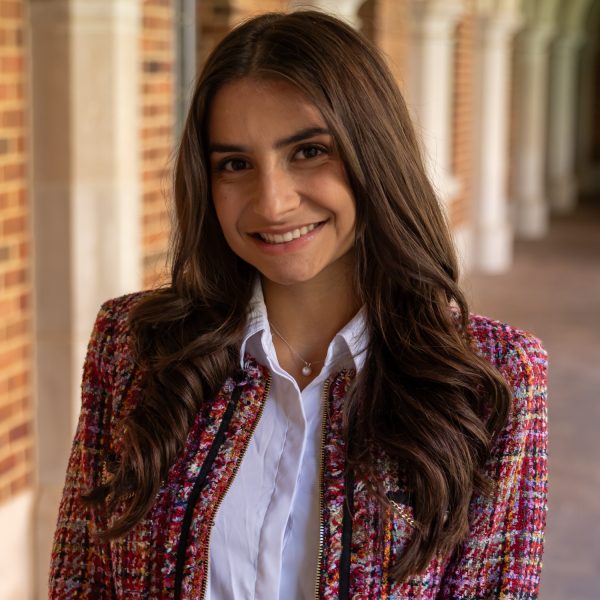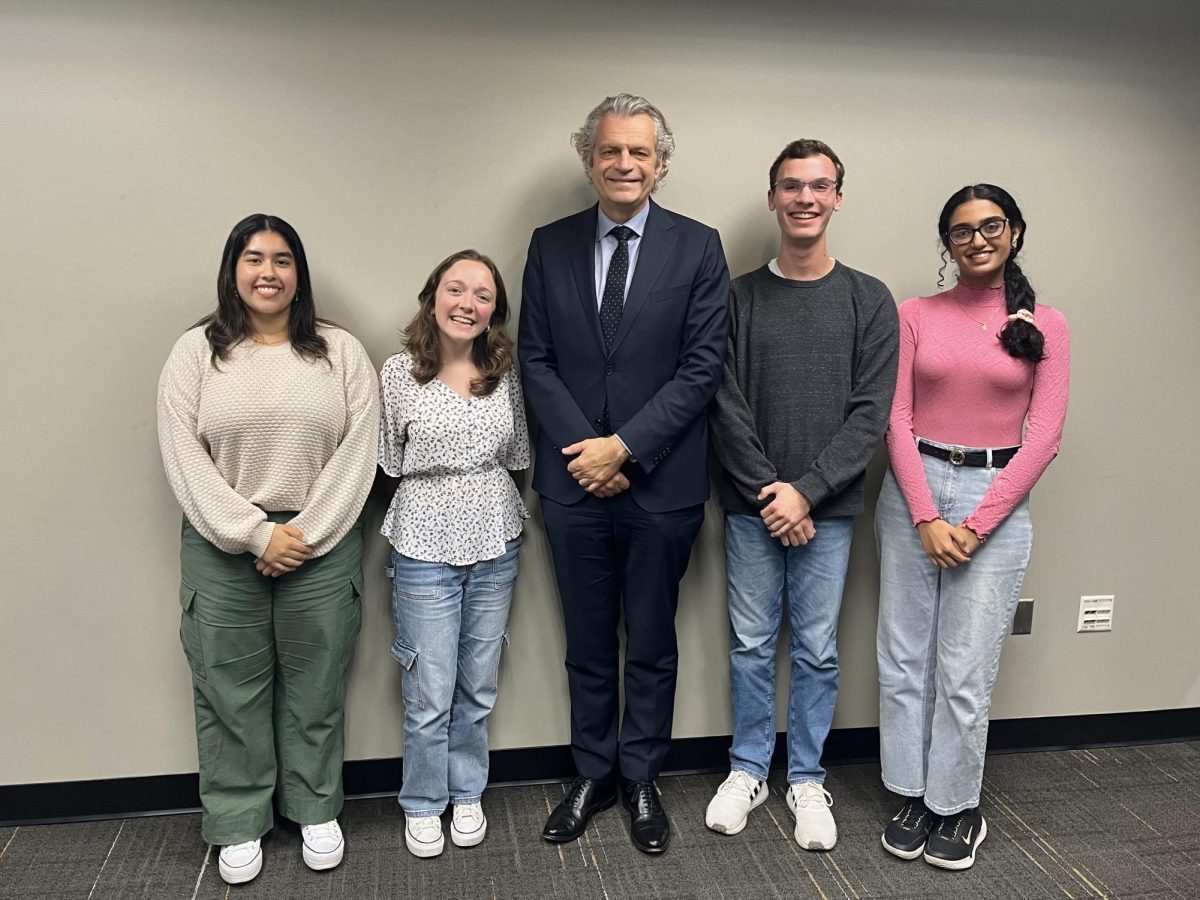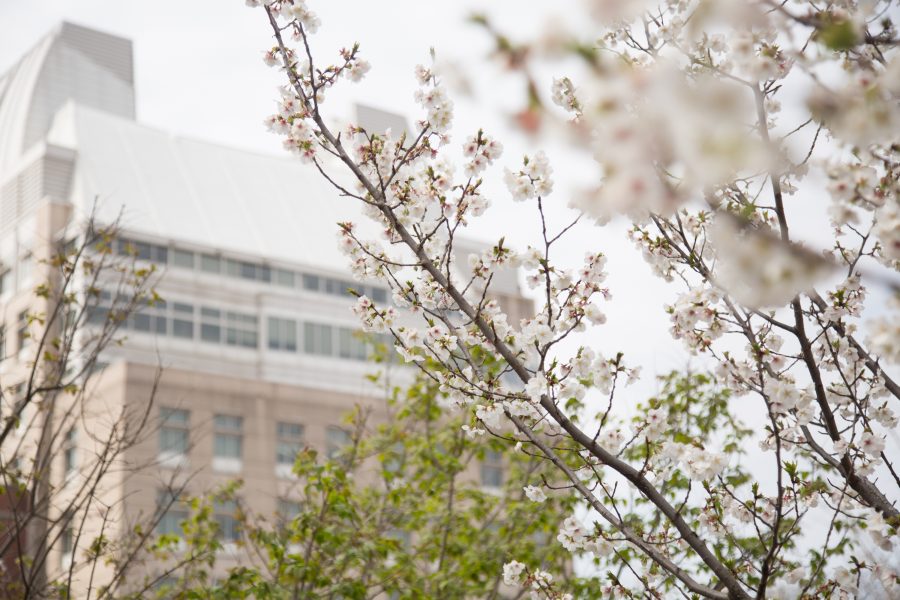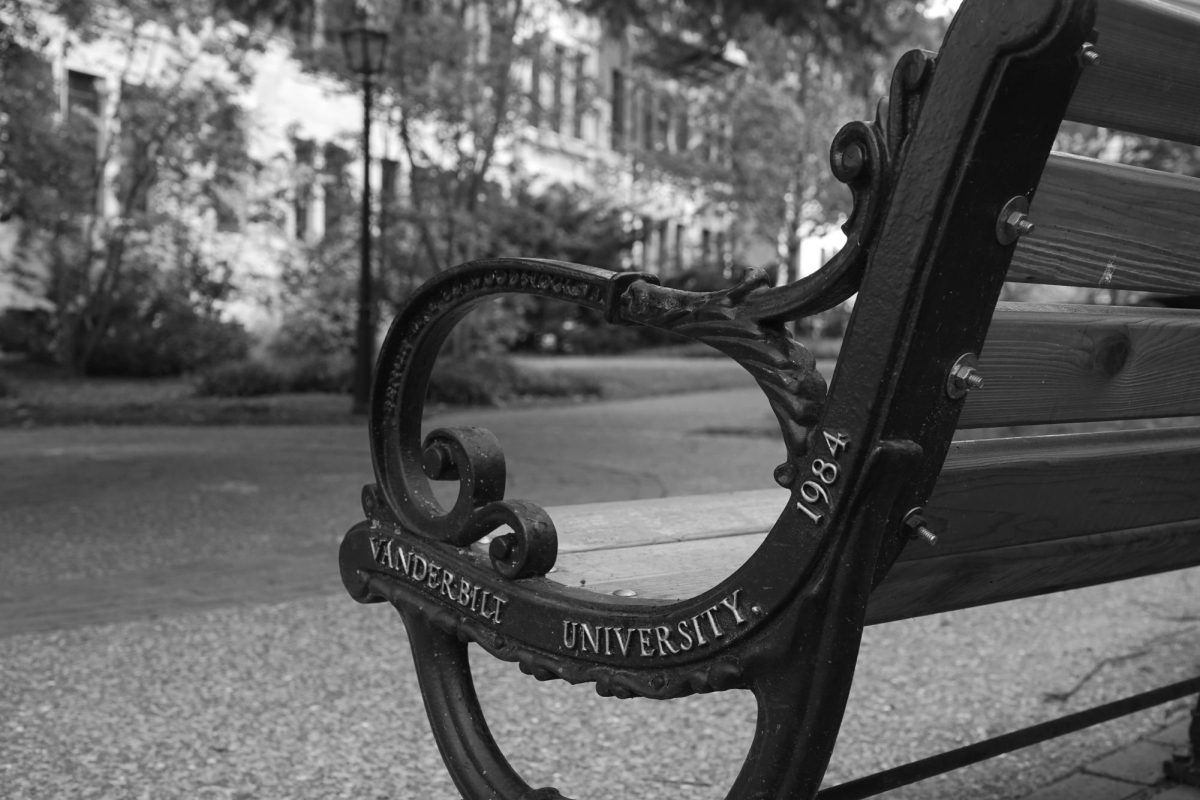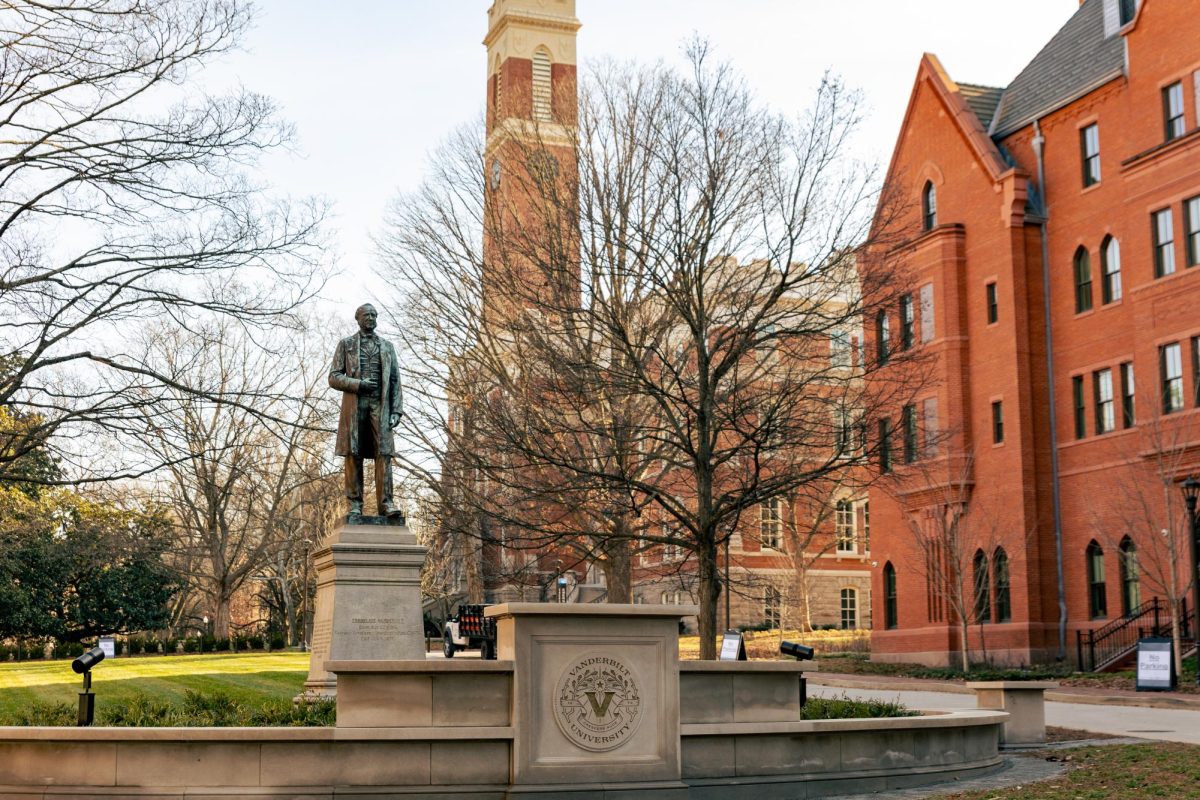Chancellor Daniel Diermeier and Provost C. Cybele Raver emailed students, alumni and faculty at around 9 a.m. CDT on Monday morning, criticizing the U.S. News Best National Universities ranking’s methodology and defending the university’s value. Vanderbilt, whose stated mission is to become a top-10 academic and research institution, dropped five spots to No. 18.
In the emails, Diermeier and Raver characterize the ranking system as “incompetent” and non-rigorous. They stated that changes to the ranking metrics — including removing emphasis on faculty expertise and students’ high school standing and increasing emphasis on social mobility — do not align with the university’s views on academic value. The pair echoed other administrators’ statements on U.S. News’ use of the U.S. Department of Education’s College Scorecard and Integrated Postsecondary Education Data System (IPEDS), claiming that this data misrepresents Vanderbilt and its student body.
“Vanderbilt is profoundly committed to offering access to qualified students from all backgrounds,” the pair’s email reads. “But it is deeply misleading for U.S. News to commingle this policy concern with measures of education quality.”
Dr. Jonathan Gilligan, professor of earth and environmental studies and civil and environmental engineering, said Diermeier and Raver’s emails demonstrate a need for the university to “do better.”
“I find it morally repugnant to say that promoting economic mobility is not a core part of any university’s educational mission, and to demand that a university not be judged by its performance in offering economic mobility,” Gilligan said.
Dr. Dominique Baker, an associate professor of education policy at Southern Methodist University, also disapproved of Diermeier and Raver’s message regarding social mobility. Baker earned a Ph.D. in higher education leadership and policy studies from Vanderbilt, where she studied higher education access.
“This email is astounding to me both generally as a higher-ed-policy scholar but also as a graduate of Vanderbilt,” Baker told the Chronicle of Higher Education.
In their emails, Diermeier and Raver also stated that one of the “glaring” issues with U.S. News’ methodology is its refusal to include academic expenditures from VUMC with Vanderbilt’s expenditures despite the institutions sharing resources. Diermeier previously emphasized the legal separation of the two bodies when VUMC came under fire in September 2022 and June 2023 for its gender-affirming care and release of gender-affirming care patient records.
Senior Induja Kumar, one of multiple students who criticized the university’s distant stance in relation to these issues, stated that Diermeier and Raver’s email about the U.S. News rankings demonstrates the bounds of principled neutrality.
“If ‘VUMC makes such a significant contribution to our educational environment,’ I’d hope the university considers that the decisions the medical center makes affect students, not only when the conversation is about rankings but also under the duress of medical privacy concerns,” Kumar said in a message to The Hustler. “The Chancellor’s comments on the ranking are direct contradictions of his previous statements.”
Junior Suhaah Nadir, president of FirstVU — a student organization dedicated to supporting first-generation college students at Vanderbilt, stated that more institutional emphasis should be placed on improving the resources available to disadvantaged students than defending the university against the ranking methodology.
“Of course, the U.S. News methodology isn’t perfect. But when it comes to supporting first-generation and low-income students at Vanderbilt, neither are we,” Nadir said. “Now more than ever, it is imperative that we as an institution prioritize our FGLI students. Not because it improves our rankings, but because we owe it to them.”
Like Nadir, Dr. James McFarland, director of undergraduate German studies, spoke to the irony surrounding university administrators’ critique of the ranking methodology.
“When we drop five spots on the U.S. News & World rankings, suddenly the metrics aren’t to be trusted anymore because the methodology is biased against us,” McFarland said. “When we went up from 14 to 13 last year, we didn’t hear any of that, even though that was entirely the result of Columbia University being demoted for having forged its data, so everyone who had been below them lurched up a notch automatically.”
Sophomore Emma Rheanne said she felt the overall tone and message of Diermeier and Raver’s email to students was unprofessional.
“Schools that are worried about their rank need to be worried about their students, the activeness of organizations on campus, what good they are putting out into the community and what made them deserve 13 instead of 18 in the first place,” Rheanne said. “This rank change is not the end of the world for our school, and instead of disputing U.S. News, [it] should immediately go into repair internally.”
Likewise, Jackson Davis (BS ‘23) stated that the email was in poor taste and speaks to the corporatization of higher education.
“In the minds of the administration, Vanderbilt’s ‘prestige’ helps it attract students and grant funding, so rankings are relevant to them. That’s a fundamentally different mission than encouraging learning for learning’s sake, democratizing education, and supporting research for the sake of improving the human condition,” Davis said.
Students at universities cited in Diermeier and Raver’s emails as also having dropped in ranks — such as the University of Chicago, Washington University in St. Louis and Tulane University — did not receive communications from university leaders. However, UChicago and Tulane both released statements that similarly criticized the ranking methodology. The email sent to faculty members differed slightly from those sent to students and alumni, adding criticisms of other major college ranking outlets — Forbes, The Wall Street Journal and Washington Monthly.
“To the degree that they provide any value, we can point to the fact that we are one of just nine universities that place in the top 20 in all four,” the email to faculty members reads.
Olivia Kew-Fickus, chief data officer and executive director of data & strategic analytics, will host separate faculty and community webinars about the rankings on Sept. 27 and 29, respectively. Diermeier and Raver stated in the emails that more statistics about Vanderbilt’s educational quality will be made available in light of the ranking.




